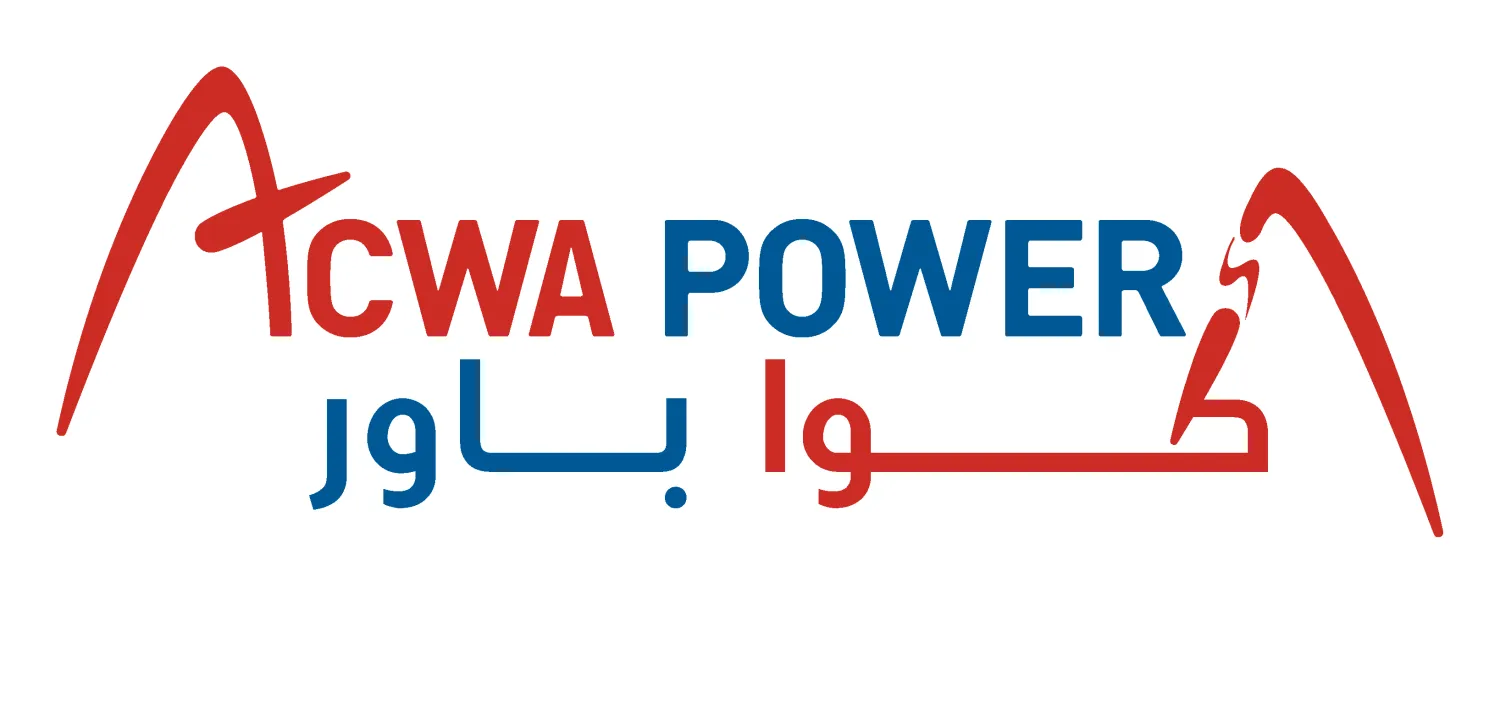Saudi Arabia's ACWA Power Group has announced the operation of Khalladi wind power plant, located at the top of Jbel Sendouq, 30 km from Tangiers.
The Khalladi wind power plant is the first ACWA Power project to be developed within the framework of Law 13-09 on renewable energies.
The law encourages the development of renewable sources in order to promote energy security and access, sustainable development, and integration of Morocco’s renewable energy production with other markets.
ACWA Power Khalladi is the second private company to launch a large wind farm within the framework of this law.
The 120 MW Khalladi wind power plant consists of 40 wind turbines of three MW each. Each turbine is installed on a tower of 80 meters and equipped with three blades of 45 meters.
The first turbines start power supply immediately. Over the next four months, additional turbines will become operational until full capacity of 120MW is met.
The plant will produce around 380 GWh annually, directly powering major industrial customers connected to the high voltage network. Power generation at the wind farm will be equivalent to the yearly average consumption of a city of 400,000 people.
ACWA Power Khalladi, which has been implemented since 2014, is 75 percent owned by ACWA Power and 25 percent owned by ARIF (Argan Infrastructure Fund managed by Infra Invest).
The MAD 1.7 billion dirhams worth project was financed under a long-term debt, mainly with the contribution of the European Bank for Reconstruction and Development (EBRD) in collaboration with the Clean Technology Fund (CTF) and the Moroccan BMCE Bank of Africa.
This is the first renewable energy project to be financed by the EBRD in Morocco, based only on contractual funding without any financial support.









